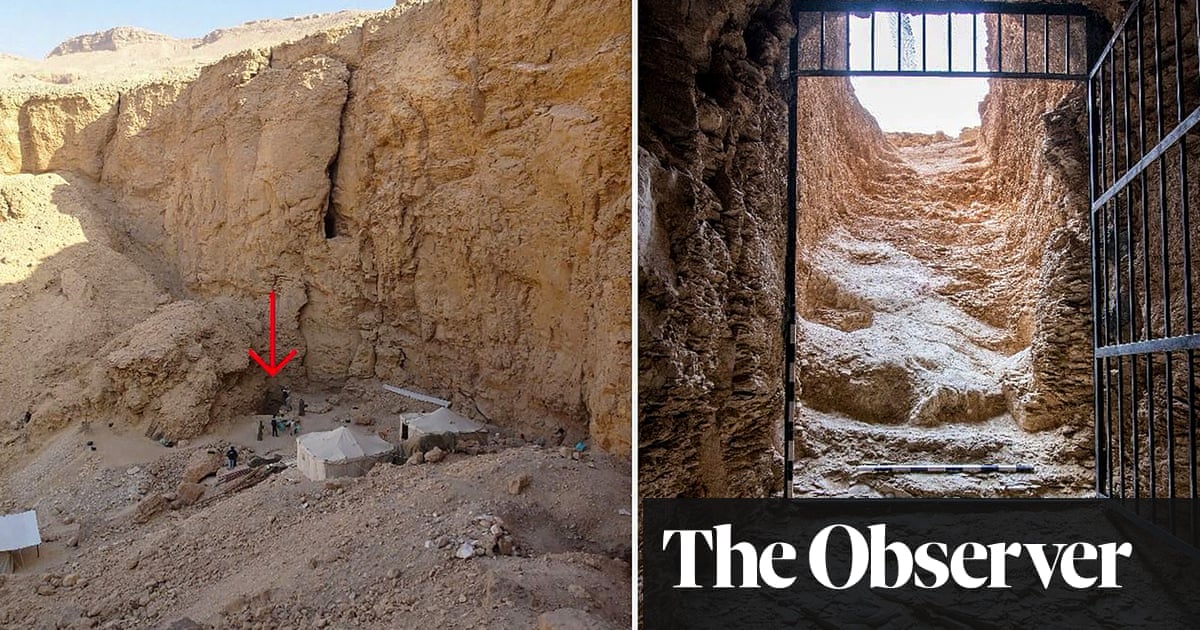Germany has said it has to assume that damage to two undersea fibre-optic communication cables in the Baltic Sea since Sunday was an act of sabotage.
Two cables in the Baltic – one between Finland and Germany, the other between Sweden and Lithuania – were severed on Sunday and Monday, raising suspicions of a malicious attack, though authorities initially declined to speculate.
“No one believes that the cables were accidentally damaged. I also don’t want to believe that the ships’ anchors caused the damage by accident,” the German defence minister, Boris Pistorius, said in Brussels on Tuesday.
“We have to assume, without certain information, that the damage is caused by sabotage.”
The first of the suspected attacks was on a 135-mile (218km) internet link between Lithuania and the island of Gotland in Sweden at about 8am GMT on Sunday, the telecoms company Telia Lietuva said, bringing the service down.
The second was on the 746-mile (1,200km) cable between Helsinki and the German port of Rostock. It stopped working at about 2am GMT on Monday, according to the Finnish cybersecurity and telecoms company Cinia.
The same stretch of water is believed to have been targeted by several such suspected attacks, including the explosions along the Nord Stream gas pipelines in 2022.
The Finnish and German foreign ministers on Monday released a joint statement expressing their “deep concern” about the severed undersea cable between Finland and Germany, and said a “thorough investigation” was under way.
“The fact that such an incident immediately raises suspicions of intentional damage speaks volumes about the volatility of our times,” said the Finnish foreign minister, Elina Valtonen, and her German counterpart, Annalena Baerbock.
“Our European security is not only under threat from Russia’s war of aggression against Ukraine, but also from hybrid warfare by malicious actors. Safeguarding our shared critical infrastructure is vital to our security and the resilience of our societies.”
Sweden’s civil-defence minister, Carl-Oskar Bohlin, has said Swedish authorities were investigating the incidents. “We can confirm that the relevant Swedish authorities are investigating the events,” he told the broadcaster SVT.
after newsletter promotion
“The government is following the development of events very closely against the backdrop of a serious security situation and is in contact with the authorities. It is absolutely important to find out why there are currently two cables in the Baltic Sea that are not working.”
The Lithuanian navy has said it will intensify surveillance in the affected areas of the Baltic.
Earlier this month, Sweden announced plans to veto 13 offshore windfarms in the Baltic, citing unacceptable security risks. The Swedish armed forces told the government the proposed projects would make it more difficult to defend Nato’s newest member.
Nato’s allied maritime command (Marcom) warned earlier this year that the security of nearly 1 billion people across Europe and North America was under threat from Russian attempts to target the extensive vulnerabilities of underwater infrastructure, including windfarms, which they said had “system vulnerabilities”.
V Adm Didier Maleterre, the deputy commander of Marcom, said in April: “We know the Russians have developed a lot of hybrid warfare under the sea to disrupt the European economy through cables, internet cables, pipelines. All of our economy under the sea is under threat.”

 3 months ago
50
3 months ago
50













































